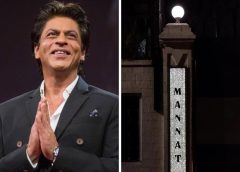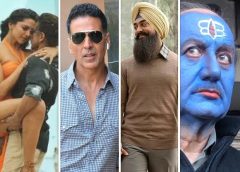[ad_1]
Born a century ago on December 11, the Dadasaheb Phalke laureate and Padma Vibhushan Dilip Kumar remains the only actor who was renamed for the screen by a novelist and not an industry person – B.C. Verma. It was also once revealed that Mohammed Yusuf Khan (his real name) would have preferred the screen names of either Jehangir or Vasudev; reasons unknown! Imagine the credits of his biggest hit, Mughal-E-Azam, as ‘Starring Prithviraj Kapoor, Jehnagir or Vasudev and Madhubala!’
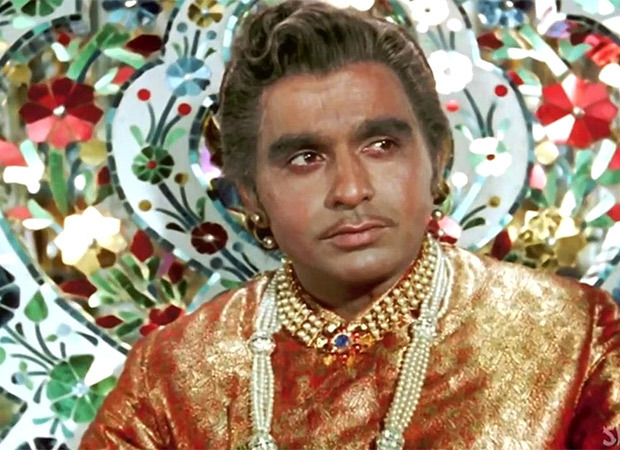
Dilip Kumar: Uncommon facts about an uncommon actor
Here are more lesser-known or unknown facts about the Thespian.
From the very beginning, Dilip was different from his colleagues. He maintained a rare exclusivity all through, and while other top heroes enjoyed a very social life, he largely spent his time within the four walls of his home studying the method acting of Stanislavsky, classical and contemporary theater and comparative religious cultures.
The last probably helped him authentically enact a string of Hindu devotional numbers from ‘Insaf ka mandir hai’ in Amar (1954) to ‘Sukh ke sab saathi’ from Gopi (1970) and ‘O Shankar mere’ in Bairaag (1976).
In 1998, the Government of Pakistan conferred the Nishan-e-Imtiaz, their highest civilian honour, on the actor, making Dilip the only Indian to have received it. The house in which he grew up in Peshawar was also declared a national heritage monument in 2014 by the Pakistan government.
Dilip Kumar had three flops – his debut Jwar Bhata in 1944, Prabhat in 1945 and Milan in 1946 – before his first hit, Jugnu (1947), in the same year in which Lata Mangeshkar also made her Hindi debut. Dilip openly expressed doubts about Lata’s vocal prowess in Urdu, stimulating her to achieve perfection in Urdu diction. The two shared a close bond. Not only did she sing in his home production Gunga Jumna but also sang with him in Dilip’s first song as singer, ‘Laagi nahin chhoote Rama’ in Musafir (1957).
Salil Chowdhury composed this song, and later, Dilip entered the recording rooms again for the Karma (1986) chartbuster, ‘Ae sanam tere liye’ under Laxmikant-Pyarelal. In this song, he recited the long introductory and naughty part, while Mohammed Aziz sang the rest of the portions along with Kavita Krishnamurthi.
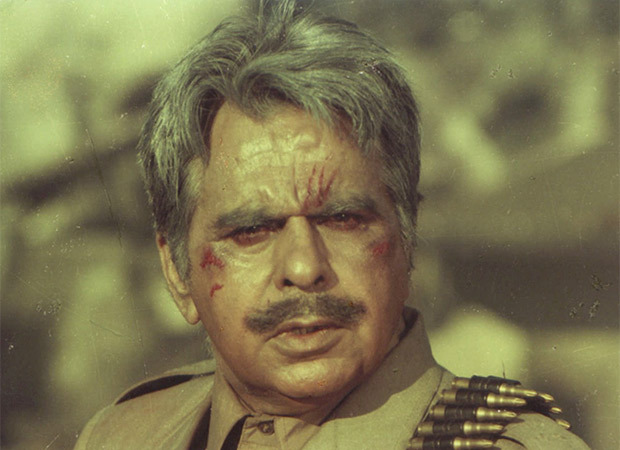
Unlike his contemporaries Raj Kapoor and Dev Anand, Dilip Kumar never established a production banner. But through his brother Nasir Khan ghost-fronting him, he produced and also wrote the story and screenplay of Gunga Jumna in 1961, besides reportedly ghost-directed a substantial part of it.
The bumper hit spawned an entire film industry in the Bhojpuri dialect of Hindi, and emerged a trendsetter, with Salim Khan admitting to part-inspiration from it for some of his movies. For his performance, Kumar also received the Special Honour Diploma as actor from the Czechoslovak Academy of Arts, Prague.
Dilip later also wrote the story of Leader and the screenplay of his 1976 film, Bairaag, in which he played the triple roles of a father and two sons. After Bairaag, its producers, Mushir-Riaz, announced an ambitious film featuring Dilip with Dev Anand and Raj Kapoor. Vijay Anand was to direct the Salim-Javed script. The script never worked out!
In the 1990s, he announced a directorial (after having reportedly ghost-directed many of his films!), Kalinga, which failed to make it to the finishing line. Recently, there was talk of completing the film, including the reportedly incomplete music score by Kalyanji-Anandji. The film also starred Raj Babbar and Shilpa Shirodkar.
Dilip Kumar also was involved twice in Bengali films – Paari (1966), a success, and Sagina Mahato, which also had the Hindi version, Sagina (1974). Officially produced by restaurateur J.K. Kapur, it was said to be ghost-produced by Dilip himself, and remains the only film in which Kishore Kumar sang playback for him. The Hindi version of Paari titled Anokha Milan, later flopped.
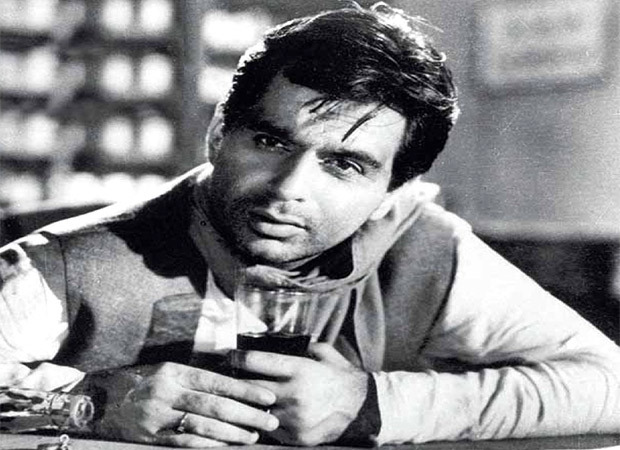
Incidentally, after his first hit, Jugnu, Dilip had five releases in 1948! Between 1959 and 1955, he had 18 more releases, including Devdas (1955). But after that film, a counselor advised Dilip Kumar to stay off tragic roles, which he had mastered, because they were taking a toll on him, and he resorted to a string of light movies. He had thus no release in 1956 and later chose only one or two movies a year till the end of his career.
His last release was Qila (1998) in a dual role – his fourth after Madhumati, Ram Aur Shyam and Dastaan. However, his Aag Ka Darya (1995) remained largely unreleased in India.
Interestingly, Manna Dey and Hemant Kumar were the only top singers who never sang for him. Among the younger singers, it was mainly the Rafi clones – Anwar, Shabbir Kumar and Mohammed Aziz. His last film, Qila, also had Amit Kumar’s voice for him.
Dilip’s most frequent singer was Mohammed Rafi, the most repeated composer was Naushad and the lyricist was Shakeel Badayuni. His most frequent female co-star was Vyjayanthimala, his most repeated male co-star was Anil Kapoor and he did the maximum number of films with filmmakers Nitin Bose, S.U. Sunny, B.R. Chopra and Subhash Ghai.
Dilip Kumar was to co-star with Sadhana in Sunghursh, but it did not work out. Years later, when her husband R.K. Nayyar offered him a film that he turned down, the filmmaker famously cried, “Why do you stand between me and immortality?”
And that remark proves what Dilip Kumar is.
Also Read: A Dilip Kumar film festival is in the works to mark his 100th birth anniversary
More Pages: Jwar Bhata Box Office Collection , Jwar Bhata Movie Review
BOLLYWOOD NEWS – LIVE UPDATES
Catch us for latest Bollywood News, New Bollywood Movies update, Box office collection, New Movies Release , Bollywood News Hindi, Entertainment News, Bollywood Live News Today & upcoming movies 2022 and stay updated with latest hindi movies only on Bollywood Hungama.
[ad_2]
Source link


